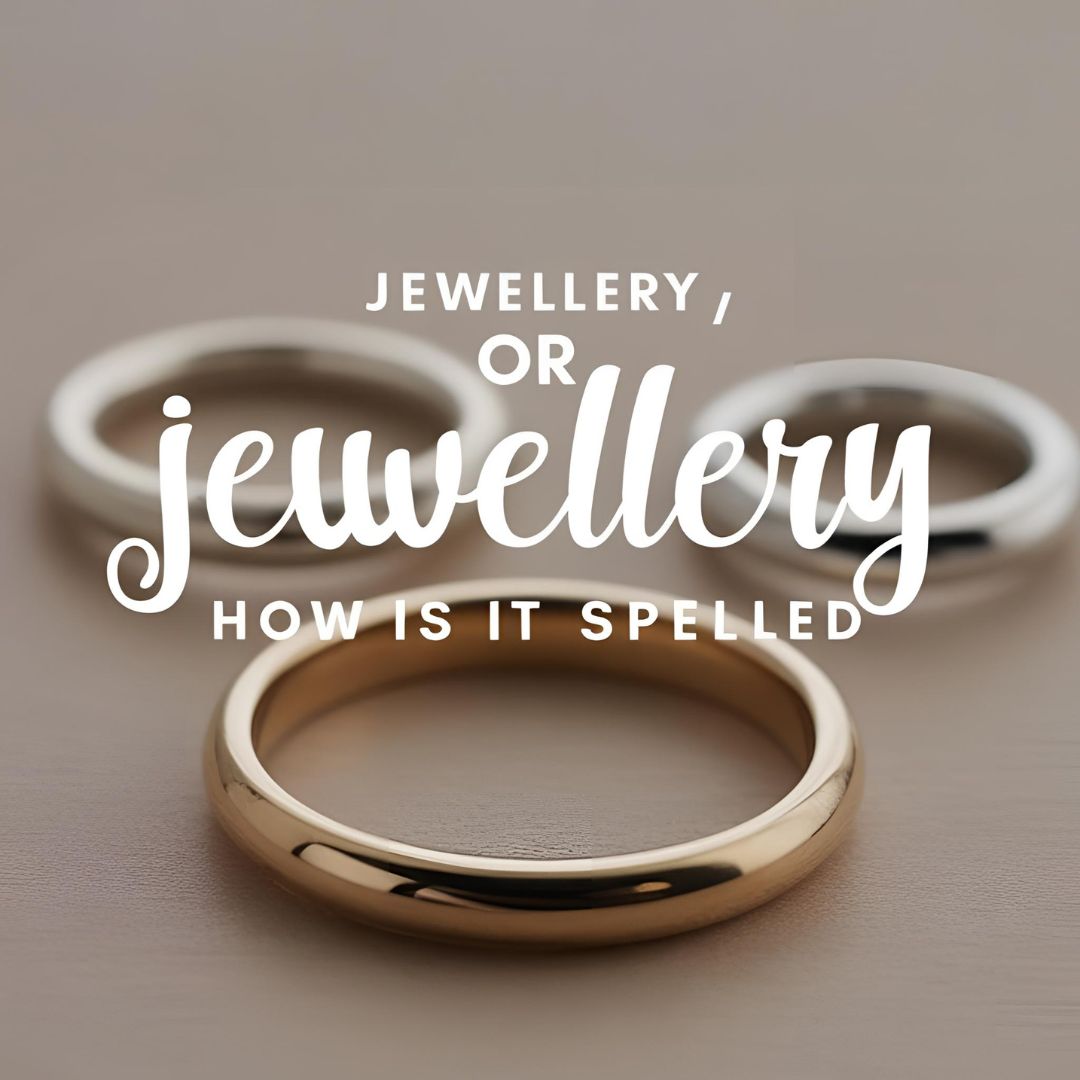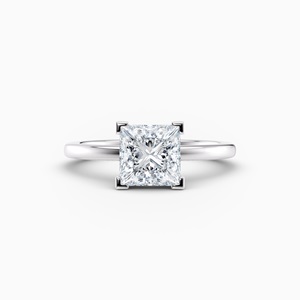Jewellery or Jewelry: Understanding the Spelling Variations
The terms “jewellery” and “jewelry” both refer to decorative items worn for personal adornment, such as rings, necklaces, and bracelets. The difference in spelling arises from regional variations in English.
British vs. American English
In British English, including countries like the UK, Australia, and New Zealand, the term is spelled “jewellery.” This spelling reflects the British convention of doubling certain consonants in words.
In contrast, American English simplifies the spelling to “jewelry,” omitting the extra “l” and “e.” This aligns with American tendencies to streamline spellings, such as “color” instead of “colour.”
Canadian Usage
Canadian English incorporates elements from both British and American English. While both “jewellery” and “jewelry” are used in Canada, “jewellery” is more prevalent.
Etymology
The word originates from the Old French “jouel,” meaning a plaything or ornament. This term evolved into “jewel” in English, with “jewellery” or “jewelry” denoting items made from jewels.
Pronunciation
Despite the spelling differences, the pronunciation remains largely consistent across regions:
Conclusion
Whether you use “jewellery” or “jewelry” depends on your regional language norms. Both spellings are correct within their respective dialects
The spelling difference extends to jeweler (American English) and jeweller (British and Australian English), as well as to other derivatives such as jeweled–jewelled and jeweling—jewelling. But jewel (not jewell) is the standard spelling in all varieties of English.
~https://grammarist.com/spelling/jewelry-jewellery/


